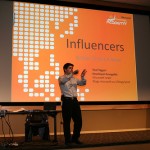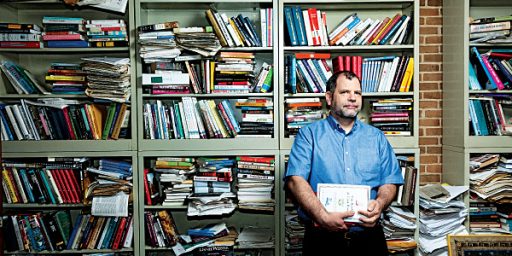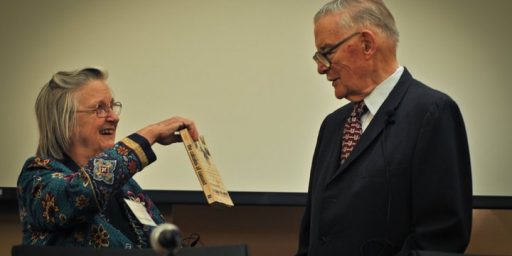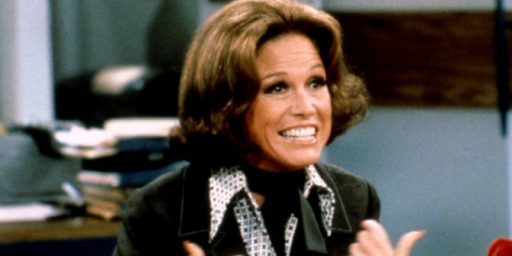Influencers Have Influence
 Tyler Cowen offers a half dozen reasons as to why influential people develop more conventional opinions, all of which strike me as reasonable. But an even simpler explanation is that influential people (by definition) shape the conventional opinion and are more likely to spend their time exposed to other influential people and, therefore, to influence one another.
Tyler Cowen offers a half dozen reasons as to why influential people develop more conventional opinions, all of which strike me as reasonable. But an even simpler explanation is that influential people (by definition) shape the conventional opinion and are more likely to spend their time exposed to other influential people and, therefore, to influence one another.
In essence, then, it’s bidirectional: Influencers tend to influence one another, creating convergence of conventional opinon.






Is this like the Paris Hilton effect–famous for being famous? Influential for being influential?
To me, you have just put forth Marx and Engel’s theory of Dialectic Materialism. Not exactly, but close.
People interpret it differently.
In politics, or any sort of critical thought:
For every thesis put forth, there will arise an antithesis. From the agreement or conflicit resolution of those two, will arise the new thesis. And etc…etc…
The most notable exercising of this theory came in communist China, during the 1960’s, commonly referred to as the people’s revolution. Mao organgized and put forth a band of his fellow communist who appeared to be contesting his regime and ideas.. In esscense, the leaders and instigators were his lackies and fellow commardes.
the common people took to the street to purify their society, to new ideas. Little did they know, they were led and approved of exterminating about twenty million of Mao’s enemies.
Mao took conflicit resolutiohn to a new level.
Bottom line, it works well in a free society, but watch your ass, in China.